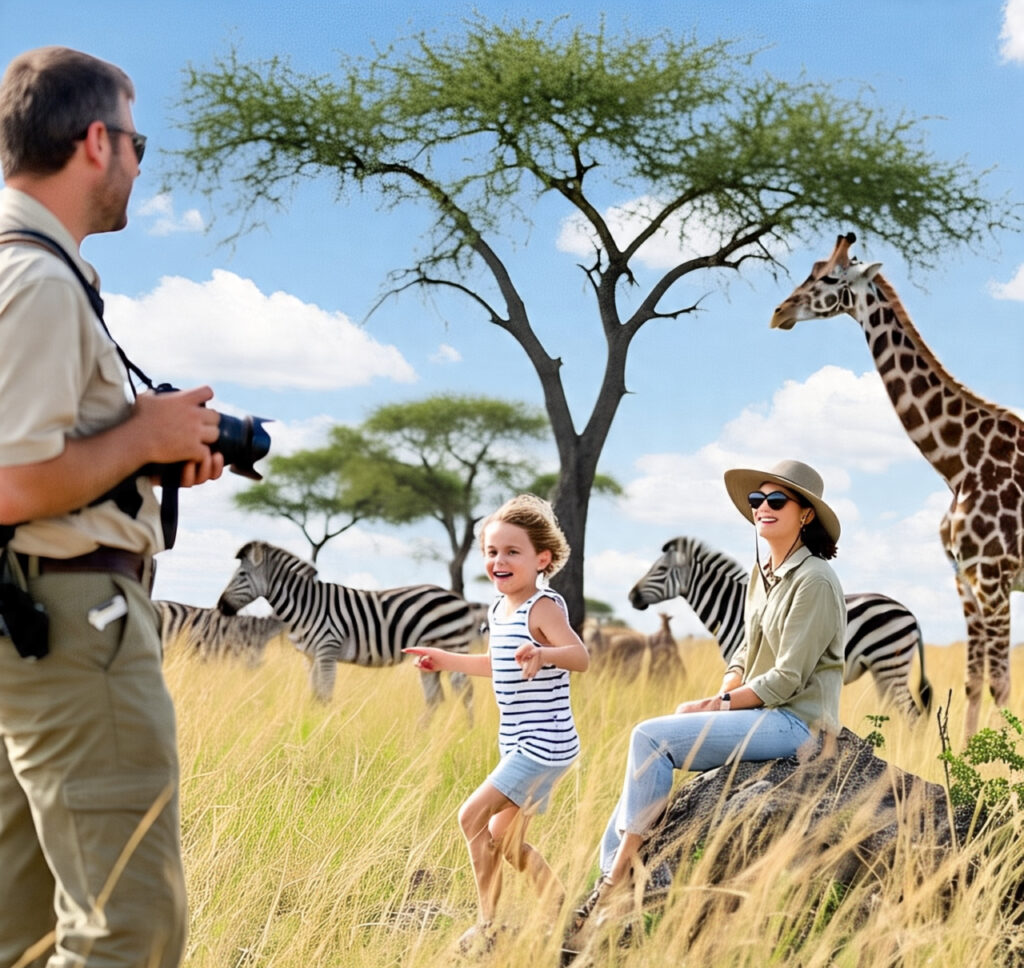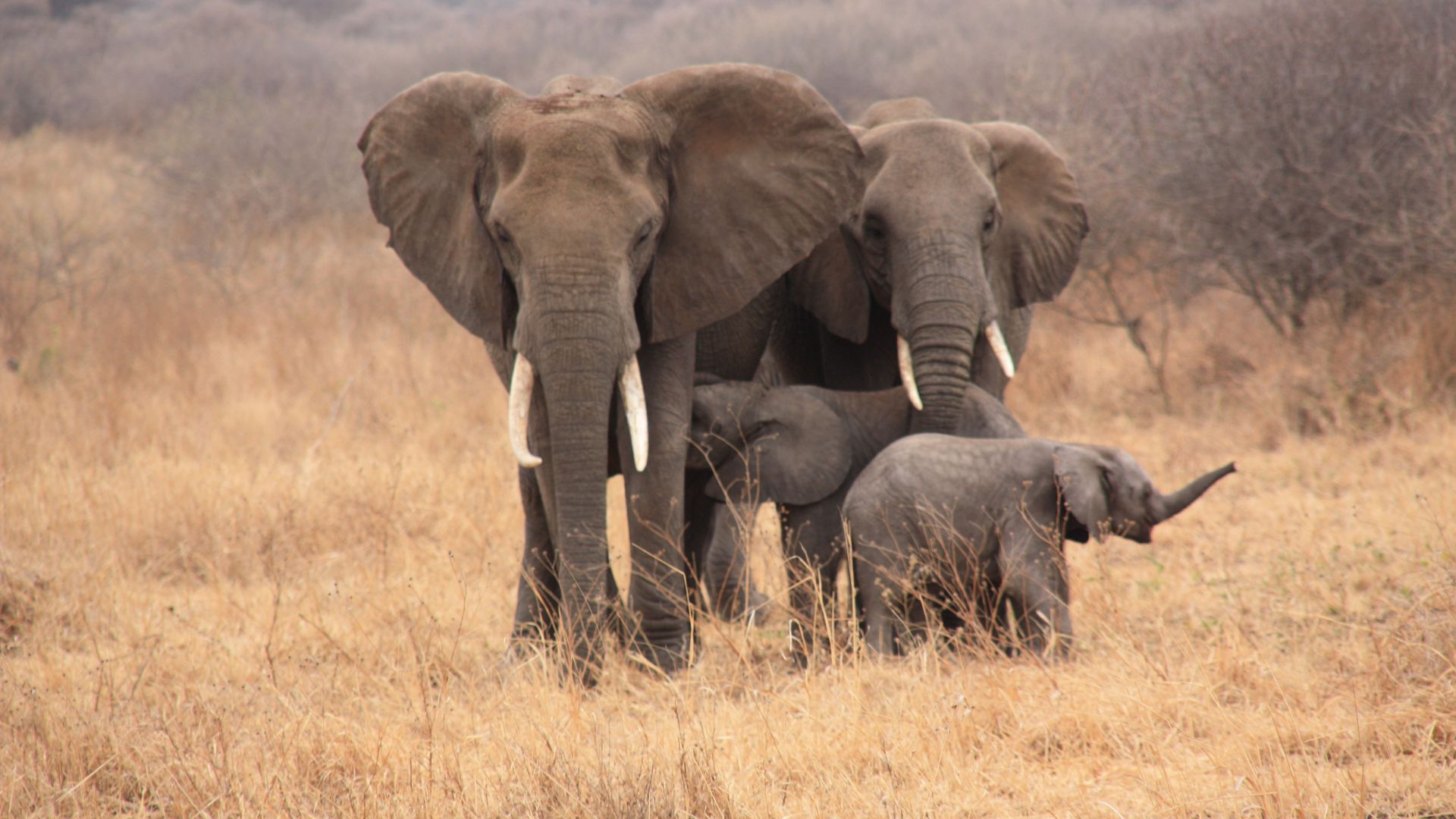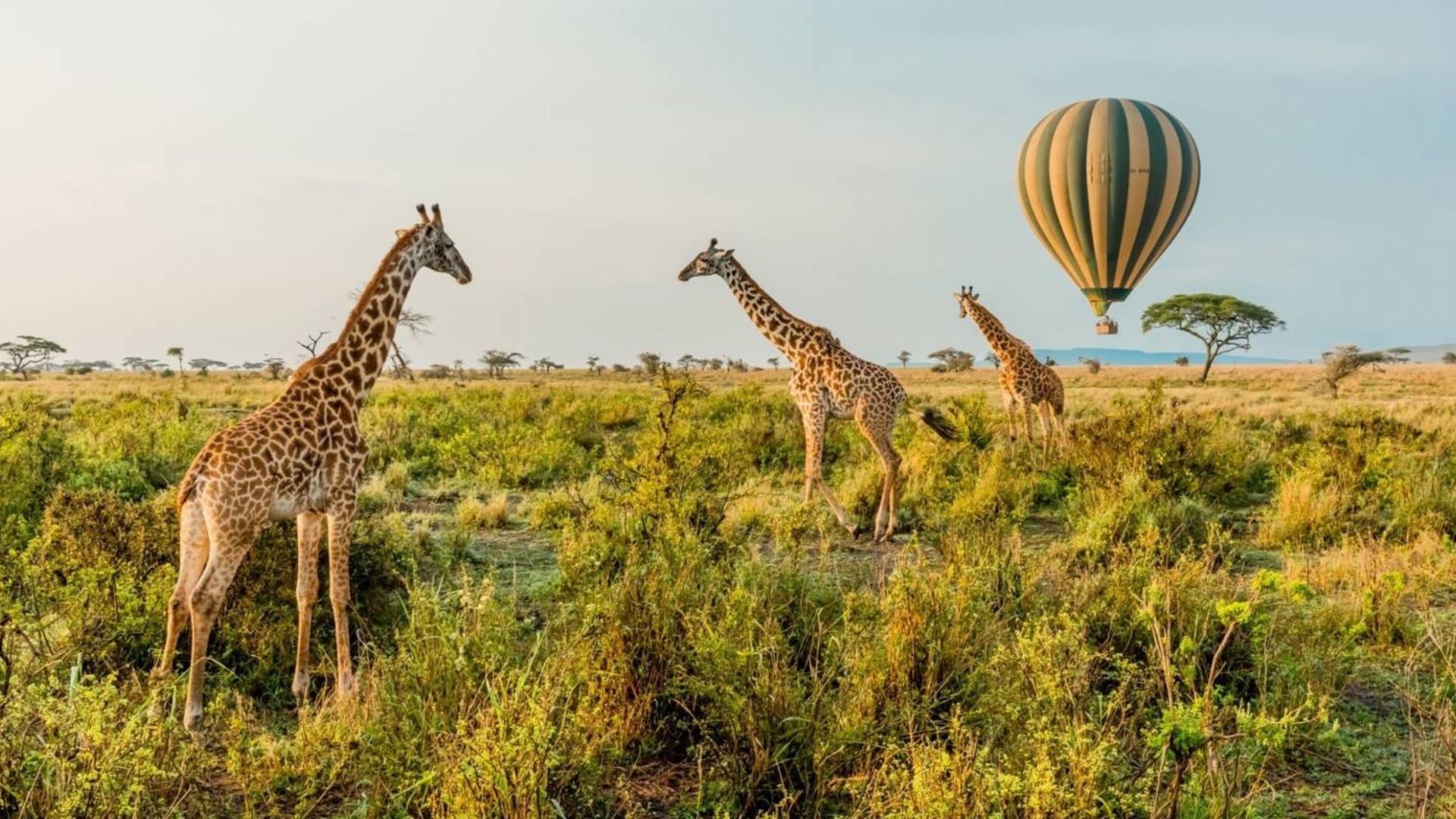How to Stay Safe on Safari: Essential Tips for Travelers
A safari adventure is one of the most thrilling experiences you can have, but it’s important to remember that you’re entering the wild. From Kenya’s Maasai Mara to Tanzania’s Serengeti, Uganda’s Bwindi Forest, and Rwanda’s Volcanoes National Park, wildlife encounters are unpredictable. Knowing how to stay safe on safari ensures you enjoy the experience without unnecessary risks. Here are some essential tips for travelers to have a safe and unforgettable safari adventure.

- Always Follow Your Guide’s Instructions
Professional guides are trained to keep you safe while maximizing wildlife viewing. During game drives or walking safaris, never leave the vehicle unless instructed, and always listen carefully to your guide’s advice. Wildlife may appear calm, but even seemingly docile animals like elephants, hippos, or buffalos can be unpredictable. Trusting your guide is your first line of safety.
- Keep a Safe Distance from Animals
One of the most important rules of safari safety is maintaining a safe distance. Use binoculars or zoom lenses for close-up views instead of approaching animals. Avoid loud noises, sudden movements, or feeding wildlife. Keeping your distance not only protects you but also ensures animals behave naturally, giving you a better safari experience.
- Prepare for Weather and Terrain
Safari landscapes can vary from scorching plains to chilly early mornings or rainy afternoons. Wear appropriate clothing, layers for warmth, and sun protection such as hats and sunscreen. Comfortable, closed-toe shoes are essential for walking safaris, and insect repellent will protect against bites in mosquito-prone areas. Staying hydrated is crucial—always carry water with you on game drives.
- Health and Safety Precautions
Check with your doctor about vaccinations and malaria prophylaxis before traveling. Carry a basic first-aid kit with personal medications, antiseptic, and bandages. Avoid drinking tap water, and stick to bottled or purified water. Travel insurance that covers safari activities is highly recommended in case of emergencies.
- Respect the Environment and Local Communities
Staying safe on safari also means respecting nature and local culture. Follow park rules, avoid littering, and be mindful of local customs. Responsible behavior helps preserve wildlife habitats and ensures safaris remain sustainable for generations to come.


















